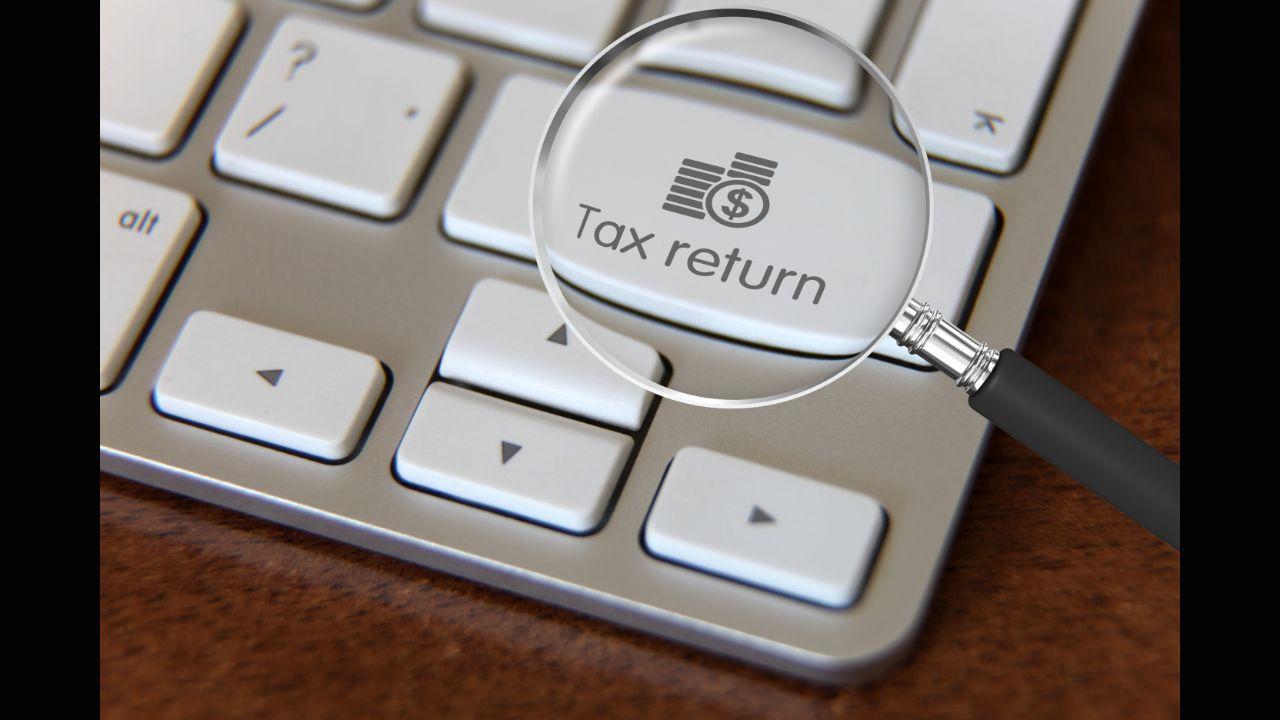The UAE's Ministry of Finance said the new federal tax of 9 per cent on profits would be effective starting June 1, 2023. The corporate tax will not apply to personal income from employment, real estate and other investments, or to income earned from a business licensed outside the UAE

This picture has been used for representational purpose. Pic/istock
The United Arab Emirates announced Monday it is introducing for the first time a federal corporate tax on business earnings. It's the latest measure to bring the country in line with many governments worldwide but one that also chips away at its competitive advantage.
ADVERTISEMENT
The UAE, home to Abu Dhabi, Dubai and five other emirates, has been steadily introducing new taxes as it seeks to diversify revenue from its mainstay of oil. It is unclear how the new 9per cent corporate tax on earnings will impact consumers as some businesses could raise their prices as a result.
Businesses across various sectors in the UAE are still reeling from the effects of the coronavirus pandemic. Untold numbers of foreigners, who comprise around 90 per cent of the UAE's population, lost their jobs amid the pandemic and salaries were slashed in key industries such as tourism, real estate and the construction sector. The UAE has recently taken steps to try and retain foreign investors, including loosening restrictions on business ownership rules and granting longer-term visas for some.
It has also liberalised some of its Islamic laws around alcohol and unmarried couples, and moved to a Monday-Friday workweek. Still, the UAE faces steep competition from neighbouring Saudi Arabia, which is working overtime to attract businesses and families to relocate to the kingdom.
The UAE's Ministry of Finance said the new federal tax of 9 per cent on profits would be effective starting June 1, 2023. The corporate tax will not apply to personal income from employment, real estate and other investments, or to income earned from a business licensed outside the UAE. The UAE has long positioned itself as a place where foreign investors are welcome and where incomes are tax free. Low taxes and a friendly business environment helped to transform the 50-year-old nation over the years.
The new corporate tax also does not apply to companies in Emirati free zones unless they conduct their business onshore. Another exception are oil and gas companies, which are subject to their own tax schemes. Business profits of up to roughly USD 102,000 will not be taxed, the ministry said, in order to support small businesses and startups. Furthermore, foreign taxes can be credited against the UAE's corporate tax to avoid double taxation. The tax scheme will allow UAE business groups to be taxed as a single entity or apply for relief amid losses or restructuring. Various emirates in the UAE have been steadily introducing fees and taxes in past years.
After oil prices dipped dramatically in mid-2015, the government reduced some subsidies and imposed a 5per cent value added tax on most goods and services, a standard tax that is still lower than in many countries around the world.
This story has been sourced from a third party syndicated feed, agencies. Mid-day accepts no responsibility or liability for its dependability, trustworthiness, reliability and data of the text. Mid-day management/mid-day.com reserves the sole right to alter, delete or remove (without notice) the content in its absolute discretion for any reason whatsoever.
 Subscribe today by clicking the link and stay updated with the latest news!" Click here!
Subscribe today by clicking the link and stay updated with the latest news!" Click here!







